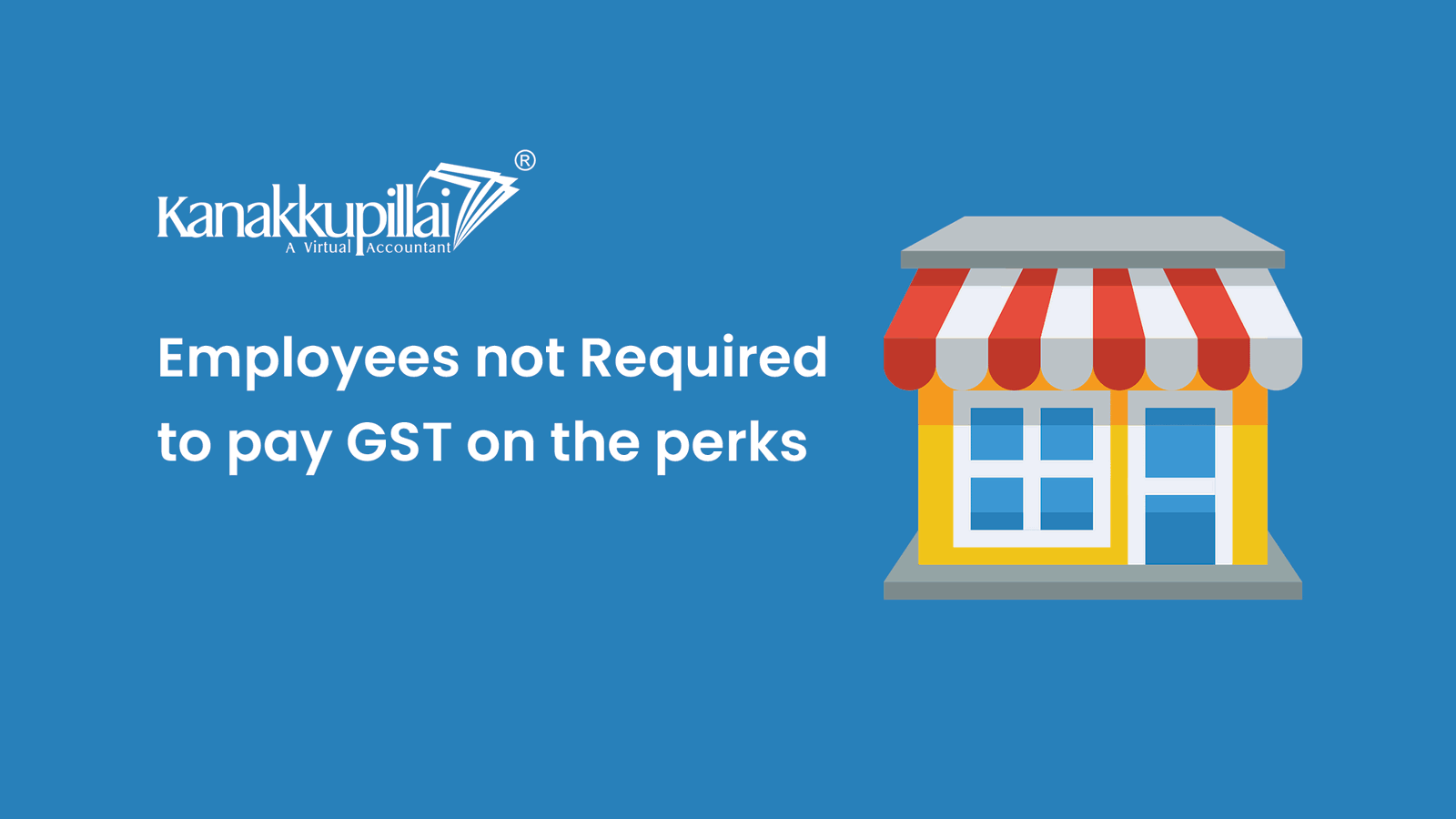The way an employer (either an individual or an institution) and workers see and treat one another at work is what is known as an employer/employee relationship. A connection between an employee and their employer begins the minute that individual signs their employment contract. Numerous variables, which differ from organisation to organisation, including the work environment and the nature of the industry, affect the nature of that interaction. Interaction is unavoidable because workers spend a large portion of their waking hours at work, frequently near one another and their employer.
The acts and attitudes of employers mostly shape the connection between them and the employee. For instance, the employer often determines whether the work atmosphere will be relaxed, formal, structured, creative, etc. Therefore, whether the employer/employee interactions are healthy and productive will depend on the environment the employer wants to establish.
Another major basis for forming this relationship is the payment or compensation package paid by the employer to the employee. This will be a combination of the basic salary, house rent allowance or HRA, dearness allowance or DA, any special allowance or other allowances available as per the company and its HR policies, and the arrangement per the agreement between the employee and employer. In most cases, we can see there will be additional perks added to the package, which are given to the employee by the employer, and this is what is added here in the clarification by the Tax Authorities or Body.
According to the Central Board of Special Taxes and Customs or CBIC, perks provided by employers to workers are not taxable to Goods & Services Tax or GST.
A recent circular states that services rendered by an employee to their employer while employed will not be regarded as delivering goods or services. That is only one of several explanations the CBIC has about applying GST Council’s decisions from its most recent meeting, which took place in Chandigarh last week. According to the circular, it has even stated that incentives supplied by the employer to the employee according to the provisions of a contractual agreement between the employer and the employee shall not be subject to GST where the same is granted according to the terms of the contract between the employer and the employee.
Since prior decisions and explanations had established the general rule that a transaction between two individuals would still incur GST, even if no considerations were involved, the question of whether GST should be applied to benefits has long been debated.
The explanation that the government provides unequivocally supports the claim made by the industry that the benefits or perks provided to the employees cannot be subject to GST since they are governed by contracts formed between the employer and employee as part of the employment, and according to Schedule III of the GST Act 2017 are exempt from GST. The subject of several legal disputes was whether the GST applied to employee perks. The clarification provided by CBIC through the circular would make it clear and likely to end the existing uncertainty. Perks are non-cash perks that a business provides to employees, such as transportation, health care, insurance, or eating options.





